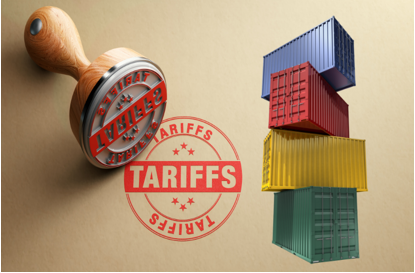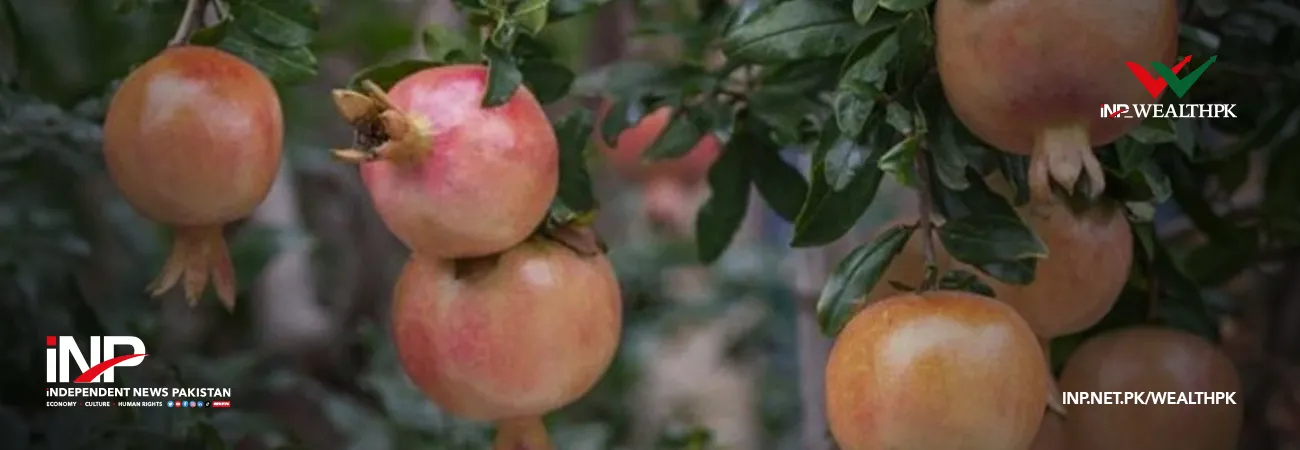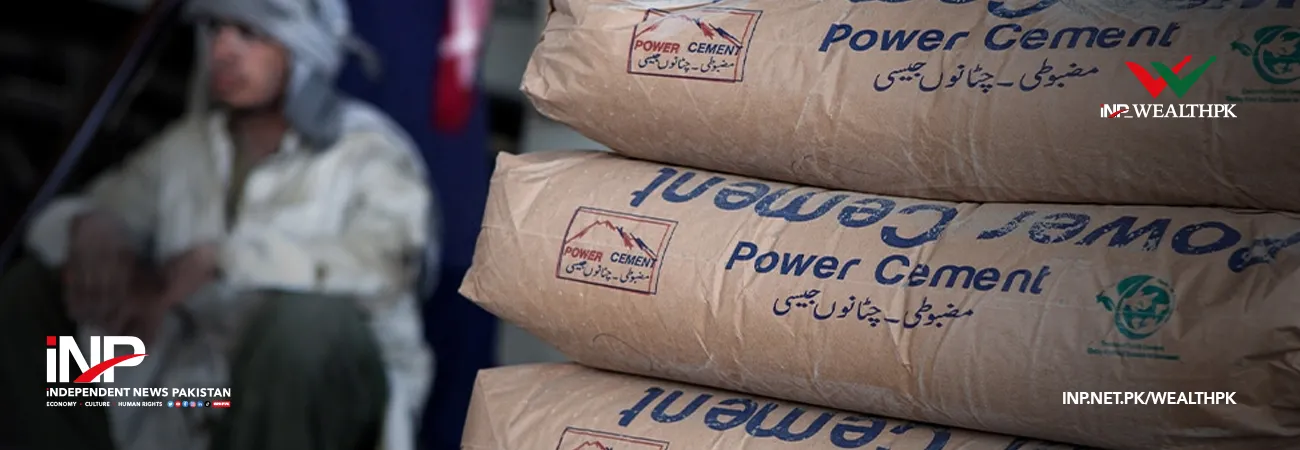آئی این پی ویلتھ پی کے
Qudsia Bano
The government’s ongoing tariff reforms are a step toward improving Pakistan’s export competitiveness and growth of domestic industries, industry insiders told WealthPK.

The reforms are part of the National Tariff Policy (NTP), designed to shift Pakistan’s trade focus from import substitution to export-led growth. The policy sets out a five-year plan aimed at simplifying the tariff structure, reducing protectionism, and encouraging industrial expansion.
The Steering Committee on the Implementation of National Tariff Policy, chaired by Finance Minister Senator Muhammad Aurangzeb, recently met in Islamabad to review the progress on these reforms. Key ministers, including those from commerce and petroleum, as well as officials from the State Bank of Pakistan and other related departments, attended the meeting.
Speaking to WealthPK, Zainab Shah, who works in the policy compliance team at a Karachi-based textile export firm, said the current tariff system has long been a hindrance to the businesses looking for expansion in global markets. “Our export sector, especially in textiles, has been under pressure due to high duties on imported raw materials and machinery.
A rationalized tariff structure will help us cut production costs and improve competitiveness,” she said, adding that the reforms must be consistent and long-term to give exporters confidence to invest. Ahsan Mehmood, a trade analyst at a Lahore-based automotive parts manufacturing company, told WealthPK that tariff reforms could help small manufacturers integrate into global supply chains.
“The previous structure was too complex and protected inefficient industries. If we want to compete internationally, we need to import quality inputs at reasonable rates. Tariff reforms can make that possible,” he noted. He stressed the need for regular consultations between government and industry to ensure that the reforms are aligned with ground realities.
During the steering committee meeting, the National Tariff Commission (NTC) presented an overview of its mandate and ongoing efforts. These include rationalization of tariff structures and trade defense measures such as anti-dumping duties. The Commission is also working on internal automation, institutional capacity building, and the establishment of a facilitation centre for exporters to help streamline the process of seeking protection or support under the trade laws.
The finance minister appreciated the NTC’s role in promoting fair trade and ensuring a level playing field for local producers. He also emphasized the importance of aligning the reforms with international standards, particularly those of the World Trade Organization (WTO). According to available data, Pakistan’s complex tariff system has long been criticized for distorting trade and encouraging rent-seeking behaviour.
By simplifying the structure and removing unnecessary duties, the government hopes to make it easier for businesses to operate, reduce costs, and ultimately boost exports. With continued support from both the public and private sectors, the tariff reform plan is expected to bring much-needed relief and new opportunities for Pakistan’s industries.
Credit: INP-WealthPk









